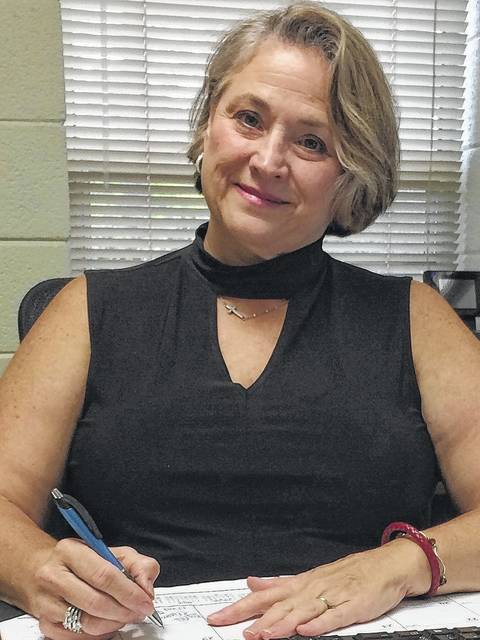Dementia is a series of challenging behavior. If you are caring for a person living with dementia I want to remind you, your loved one’s brain is failing, and the brain is dying. So of course you will have many obstacles on the journey of dementia. As a caregiver you will run into some of the following behavior challenges: bad mouthing you to others, being rude and intruding, paranoid and delusional thinking, striking out at others, mixing daytime and nighttime up, sleep problems (too much or too little), making 911 calls, refusing care and help, seeing things and people not there (hallucinations), not talking anymore, dehydration and malnourishment, issues with eating and drinking, inappropriate words, sex talk and racial slurs, perseveration (can’t stop repeating), shadowing and following, getting into things, losing things, accusing others, getting lost and wandering. These are to name a few, there are many other challenges.
As the disease progresses these behaviors are more profound. You will find yourself short on time and energy when it takes your loved one longer to do things. The person living with dementia may have lost the rhythm of life. I cannot give you a remedy to change the behaviors I have listed, but I can encourage you to take a positive approach to their care. You have to realize the person living with dementia is doing the best they can do, you are the one that has to change. Your cortisol levels jump up when stress comes to visit. You have to remember to step back and take three deep breaths. Taking a time out is a learned skill, this will help caregivers respond instead of reacting to unexpected behavior, according to Teepa Snow. Please note, cortisol is a major stress hormone that contributes to many health issues. Remember mindfulness and meditation is a cortisol reducer and a powerful de-stressor. You can mediate at any time, mediating and three deep breaths are in your caregiver tool box at all times.
MCI (Mild Cognitive Impairment) the beginning of not Normal Cognition. Cognition is the mental action or process of acquiring knowledge and understanding through thought, experience and the senses. When your loved one shows signs of memory, language, behavior and motor skills impairment, though this is not life threatening you need to consult your health care provider. According to Teepa Snow, within five years 50 percent of people diagnosed with MCI will develop dementia, within seven years 75 percent of people diagnosed with MCI will develop dementia.
Sometime back I gave statics; I would like to share them again with you. In 2025, one in five North Carolinas will be 65 years old and older. Currently North Carolina has over 160, 000 older adults with Alzheimer’s disease or other types of dementia. Americans that have Alzheimer’s disease totals 5.2 million. In the United States every 67 seconds someone develops Alzheimer’s disease. These statics were provided by Mark Hensley, he is the Dementia Services Coordinator with the North Carolina Division of Aging and Adult Services.
I invite you to join me on Tuesday, Jan. 9 at 2:30 p.m. at the Department of Aging for Dementia Education. Knowledge is Power and until there’s a cure, there’s care. Hope you have a “Best Day Ever.”

